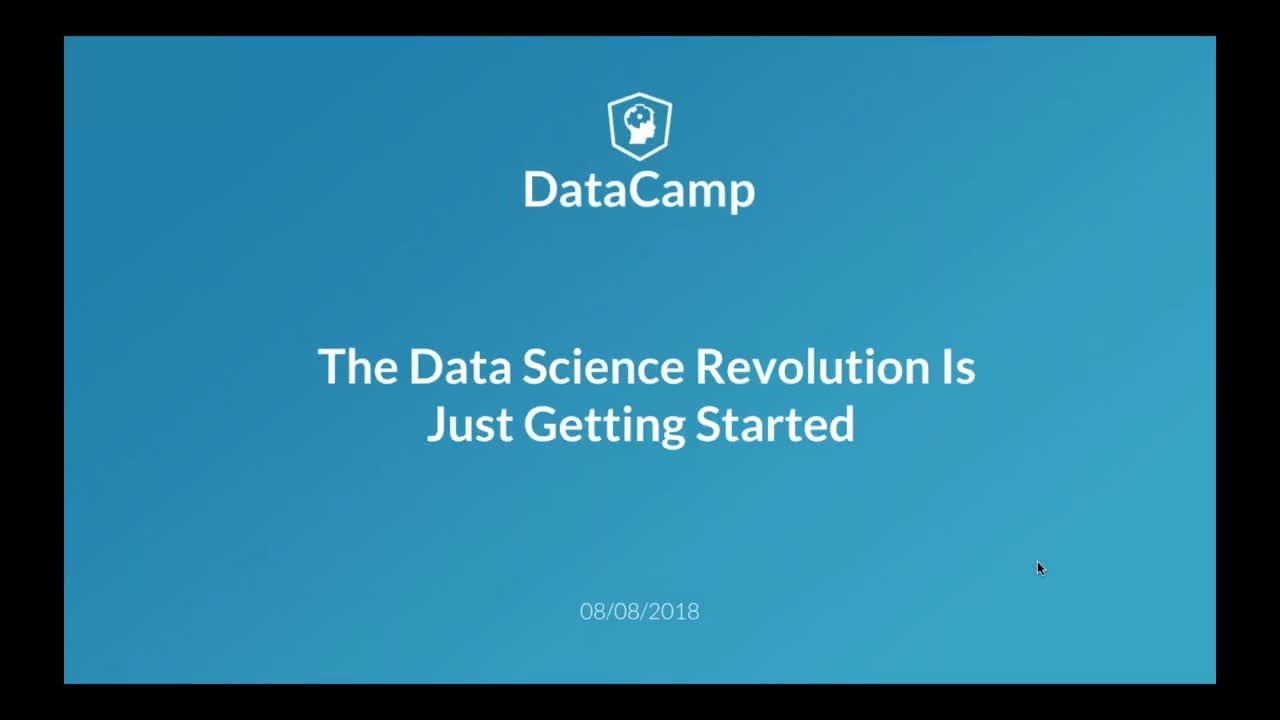Skip to main contentFor Business





Speakers
Training 2 or more people?
Get your team access to the full DataCamp library, with centralized reporting, assignments, projects and moreRelated
white paper
Insights from Data Leaders
Distilled insights on data transformation from data science thought leaderswhite paper
Insights from Data Leaders
Distilled insights on data transformation from data science thought leaderswebinar
The State of Data Literacy in 2023
Learn about what the future holds for data skills.webinar
Data Literacy in the 21st Century
Get the low-down on what it takes to be data-literate today.webinar
Democratizing Data Science at Your Company
Data science isn't just for data scientists. It's for everyone at your company.webinar
Data Skills to Future-Proof Your Organization
Discover how to develop data skills at scale across your organization.Join 5000+ companies and 80% of the Fortune 1000 who use DataCamp to upskill their teams.
Loved by thousands of companies

